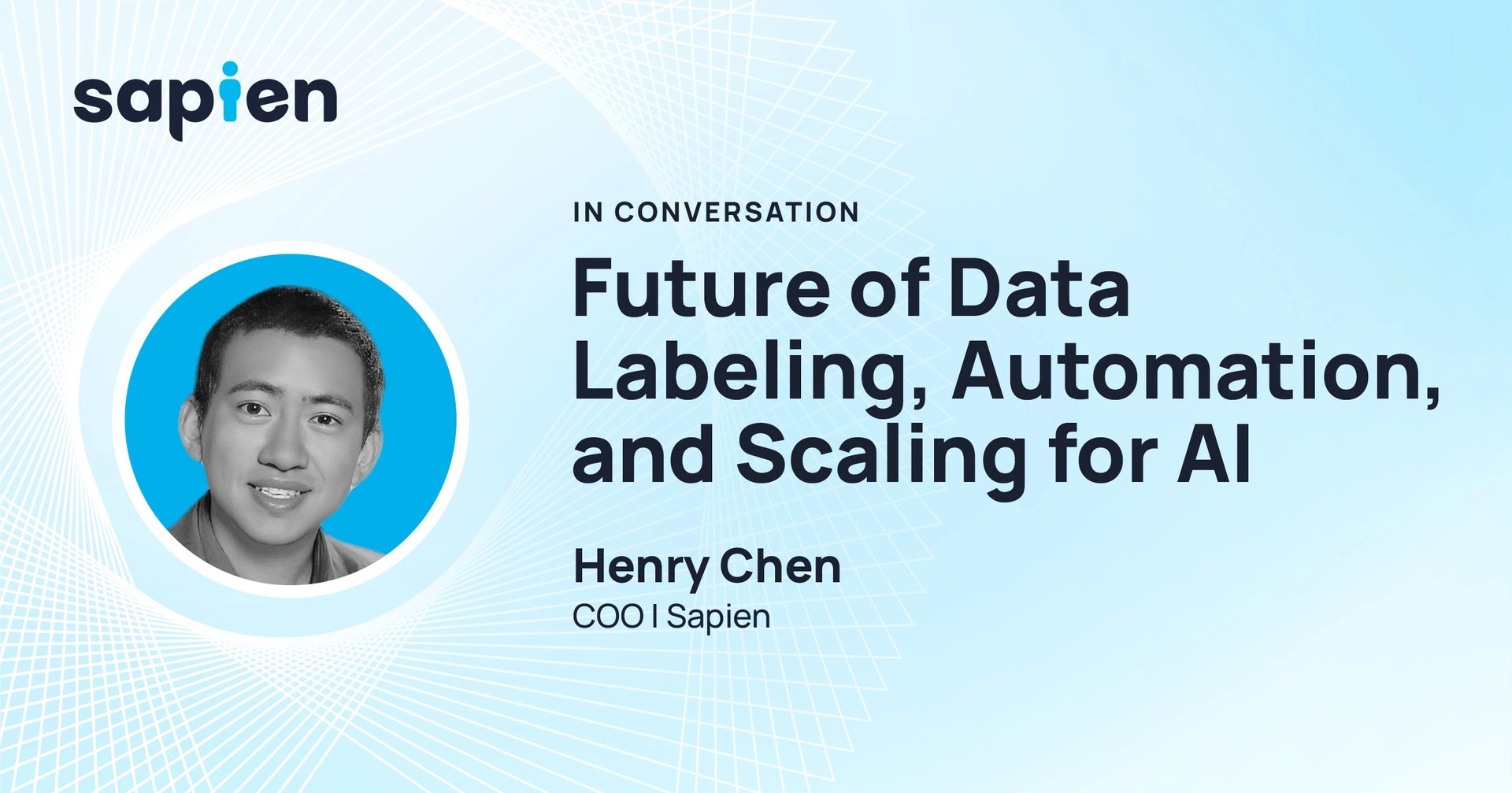Subscribe to wiki
Share wiki
Bookmark
Henry Chen
The Agent Tokenization Platform (ATP):Build autonomous agents with the Agent Development Kit (ADK)
Henry Chen
Henry Chen is an operator and business executive with experience in marketing, product, and operations leadership across the software and artificial intelligence (AI) industries. He is the co-founder and Chief Operating Officer (COO) of Sapien, a decentralized data labeling platform, and also serves as a director at PolarGrid. [2]
Career
Chen began his executive career in 2020 as the Chief Marketing Officer (CMO) at REsimpli, a real estate software company. In this role, which he held until 2022, he was responsible for leading the marketing operations for the company's software platform. Following his tenure at REsimpli, Chen joined Matador Technologies in 2022 as its CMO. Until 2023, he contributed to the firm's business development and communications strategies, with a particular focus on the period during its public listings. In 2023, Chen transitioned to Haller.ai, where he served as the Chief Product and Operating Officer (CPOO). At Haller.ai, he oversaw the company's product and operational strategies until it was acquired later that same year. In August 2023, Chen co-founded the decentralized data labeling platform Sapien and assumed the role of Chief Operating Officer. Since early 2025, he has also held the position of Director at the company PolarGrid. [1]
Interviews
AI Data Labeling
In an interview with the Sapien Blog, Chen discussed the evolving role of data labeling as AI models and use cases expand. He explained that while automation improves efficiency in data preparation, human expertise remains essential for generating accurate ground truth data. Chen noted that as AI demand increases, specialized human input will continue to be critical to maintaining quality and reliability.
He identified scalability as a major challenge, emphasizing that decentralized networks of labelers are key to meeting global demand and adapting to fluctuating workloads. This approach allows for greater flexibility compared to traditional centralized facilities. Chen also highlighted the importance of maintaining quality and consistency across increasingly complex datasets, explaining that strong oversight and experience are vital for delivering dependable results.
Looking ahead, he described Sapien’s focus on modernizing the data labeling process as a way to remove barriers in AI model development. He stated that innovation in data annotation is necessary to keep pace with the advancements in computing and algorithms. Finally, Chen discussed the company’s investments in emerging technologies, including the development of 3D and 4D data capabilities. He noted that these efforts aim to prepare for future industry needs and support the continued evolution of AI training and deployment. [3]

Expanding AI
In an interview with NPR’s Emily Feng in June 2025, Chen discussed Sapien’s growing presence in China as demand for high-quality training data accelerates alongside the country’s expanding AI sector. He explained that Sapien employs contributors to collect and label data within China because regulations require data used to train locally developed models to be processed domestically. Chen described how the company’s team in Shenyang annotates mapping data for autonomous driving systems and benefits from local government support aimed at building the region into an AI data hub. Throughout the conversation, he noted that while the work can be repetitive, human accuracy and attention to detail remain essential as AI models become more advanced and require increasingly complex datasets. [4]
See something wrong?
The Agent Tokenization Platform (ATP):Build autonomous agents with the Agent Development Kit (ADK)
